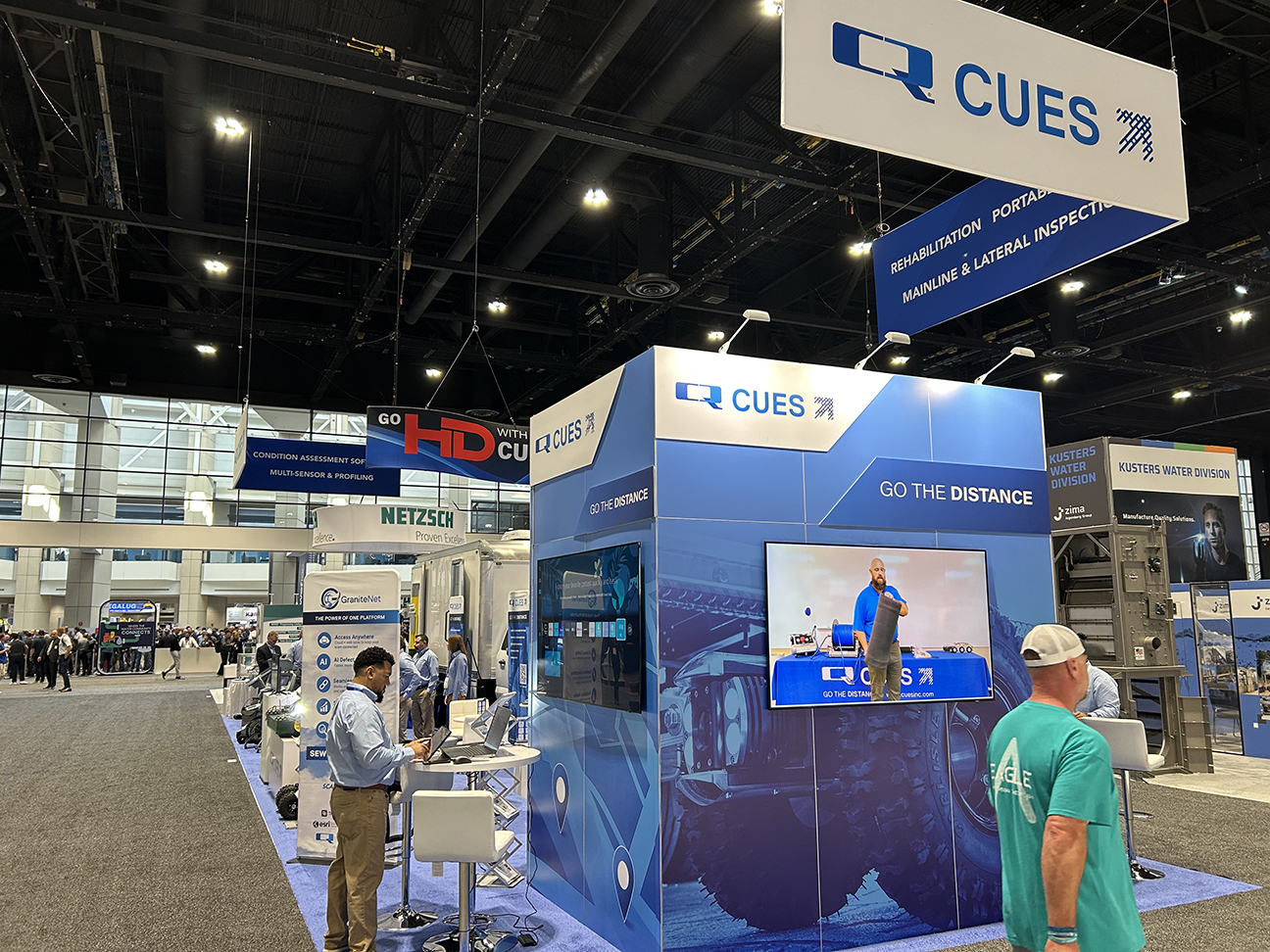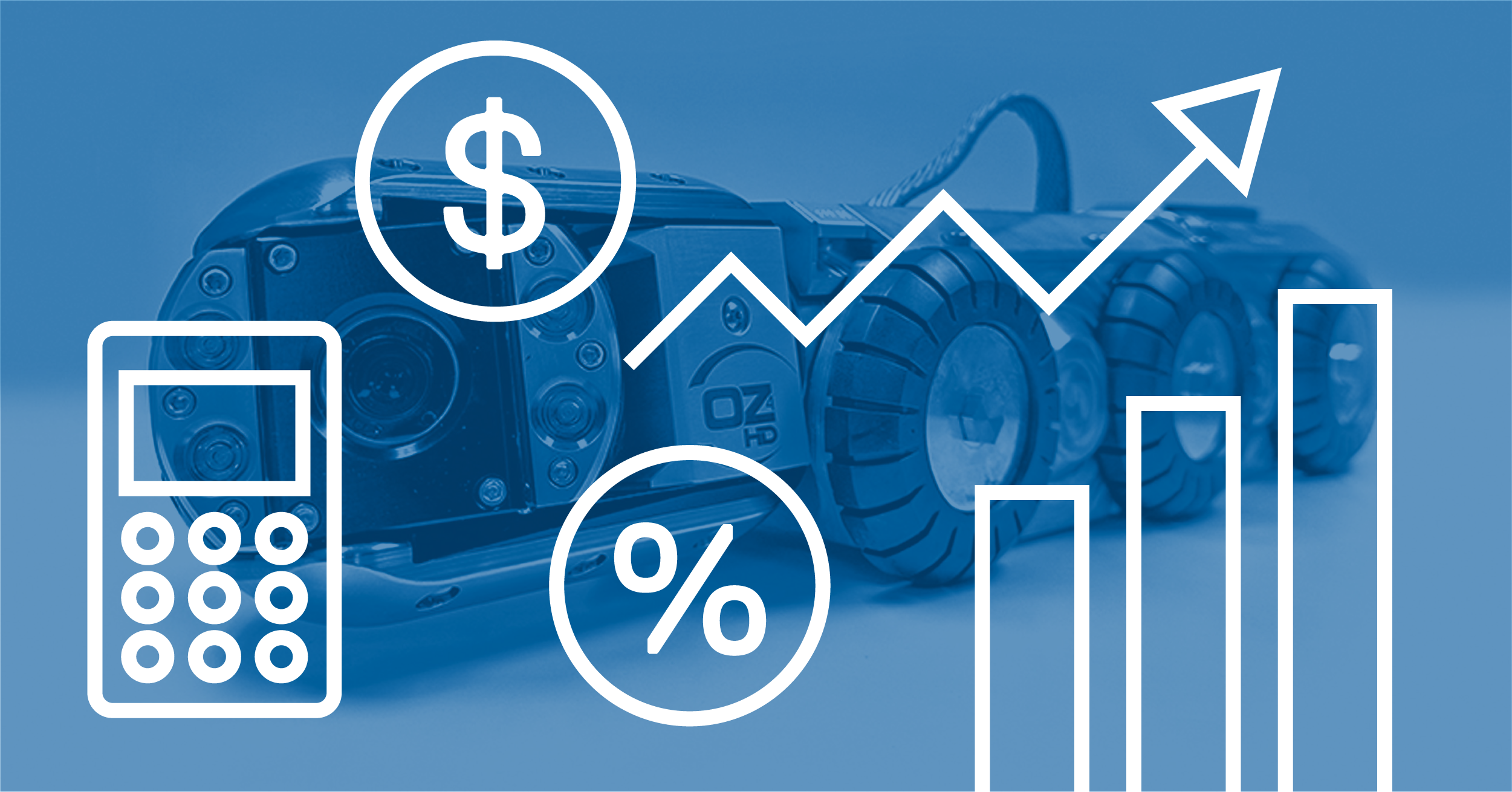
News

Sewer inspection equipment is critical for the proper maintenance of municipal systems. Although this equipment is necessary, balancing the concerns of different stakeholders can make purchasing this equipment challenging.
But by understanding your common goals as an organization, establishing a clear budget, and properly vetting your stakeholders, you can pave a clear pathway to success.
Follow our step-by-step guide to learn more.

How to Purchase Sewer Inspection Equipment
Here’s how you can streamline your purchasing process to acquire new equipment without unnecessary stress, headaches, or hold-ups:
1. Understand Your Stakeholders
Different stakeholders have different concerns, and those concerns could derail new equipment acquisitions.
Here are some of the most common stakeholder concerns—and how to respond to them:
Budgetary Concerns
The Most Common Question: How will this equipment impact our budget and our flexibility around other critical purchases?
How to Respond: The ideal response acknowledges budget limitations while focusing on the value of the equipment. Example: Even though sewer inspection equipment requires an upfront investment, it can potentially pay for itself by empowering maintenance teams to identify issues before costly major failures or accidents occur.
Training Concerns
The Most Common Question: How will we find the time and resources to train team members on the new equipment?
How to Respond: Many equipment manufacturers provide hands-on training to assist in faster adoption of new equipment and to help your team get the most out of the new investment.
Downtime
The Most Common Question: If the equipment has issues over its lifetime, what is the process to get it operational and avoid downtime?
How to Respond: Highlight the CUES vendor service and loan programs to get service back up and running quickly after they experience any issues.
2. Define What You’re Trying to Accomplish
Clearly defining what you’re trying to accomplish with your new equipment supplies you with a mission statement for the entire team to rally around.
To get started, consider some of the most common goals municipalities have when purchasing sewer inspection equipment:
- EPA Compliance: Many teams are hyperfocused on ensuring new equipment meets all Environmental Protection Agency (EPA) standards for wastewater management and reporting.
- Operating Cost Reduction: With tight budgets the norm across the United States, many municipalities seek out resources that help lower long-term maintenance and operational expenses.
- Operational Efficiency: Many of our dedicated customers seek equipment that streamlines workflows and enhances the accuracy and speed of inspections.
- Personnel Training: New equipment is not useful if you don’t know how to use it, and many organizations look for robust training resources to ensure their teams can operate the equipment effectively and safely.
- Meeting Budgetary Requirements: Municipalities frequently prioritize equipment that delivers the best value within their financial constraints.
3. Analyze the Different Vendors Available
Purchasing sewer inspection equipment isn’t just about the equipment. Your vendor could have plenty more to offer. Factors to consider include:
- Speed of Service - When you’re out in the field and working hard to stay on schedule, you can’t afford to wait for slow customer service teams. Find a vendor who can deliver technical support where and when you need it.
- Training - How much hands-on training does the vendor offer, both with the desired equipment and in other areas of expertise? At CUES, for example, we offer a robust blend of Technical Schools, webinars, and blogs to continuously update our clients on the latest technologies, products, and best practices.
- Loaner Equipment - Ask the vendor whether they can provide loaner equipment when necessary. When critical equipment is out of commission or undergoing maintenance, having access to loaner equipment can help your operations stay on track without costly delays.
- Field Service Technicians - Field service technicians can provide invaluable on-site support, ensuring your equipment operates efficiently and addressing issues quickly. Check with your vendor about their field service technician availability.
- Customization Options - Your inspection needs are unique, which means you may require equally unique equipment. Ask potential vendors whether they can accommodate custom equipment. At CUES, for example, we offer custom vehicles to meet your exact requirements.
4. Establish A Budget
When purchasing sewer inspection equipment, budgetary considerations play a central role. Balancing cost with functionality requires assessing not only the price of the equipment, but also the flexibility and value offered by your vendor.
Two major considerations:
How Flexible Is Your Vendor?
When vetting vendors, determine how flexible your vendor is around:
- Design - Some vendors offer customizable design options that allow you to modify equipment to better suit your specific needs.
- Product Options - Look for vendors that provide a range of products to fit varying budgets and operational needs.
- Training - Investing in high-quality training ensures your team can quickly adapt to new equipment and use it effectively.
Where Can You Find Tax Benefits And Rebates?
One of the most overlooked aspects of equipment purchases is the potential to offset costs through tax benefits and rebates. These options can stretch your budget further and make high-quality equipment more affordable.
Tax incentives may be available for purchasing specific types of equipment, especially those that enhance environmental compliance or operational efficiency, and many state and local programs offer rebates for organizations upgrading to modern or eco-friendly equipment.
5. Understand How Your Organization Can Purchase What It Needs
To get the best results possible, consider the structure of your organization and how the purchasing process works. Ask these questions:
- Who can you partner with in Purchasing? Having an internal ally can help you secure approvals faster.
- What requires council approval, and how does council approval work? Understanding the ins and outs of council processes allows you to skirt potential roadblocks.
- Can you use co-op contracts? Cooperative agreements can secure products and services at lower price points, stretching your budget even further.
With the right roadmap, you can acquire sewer inspection equipment while remaining mindful of budget limitations, stakeholder concerns, and personnel requirements.
Get Started With CUES
At CUES, we strive to be your comprehensive sewer inspection equipment vendor by providing a full suite of products and services, including:
Contact us to learn more!

